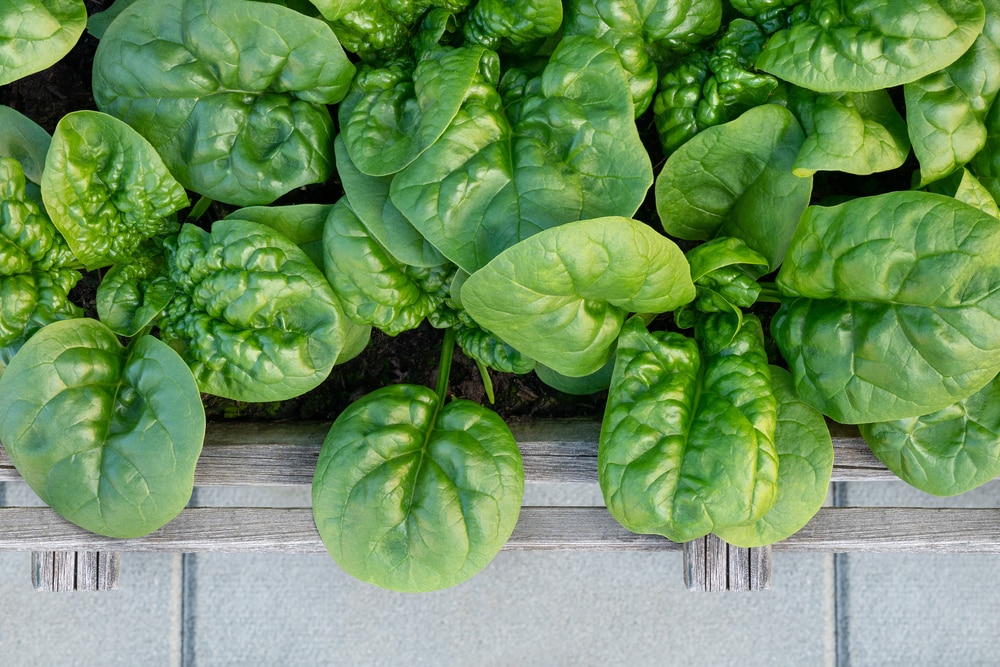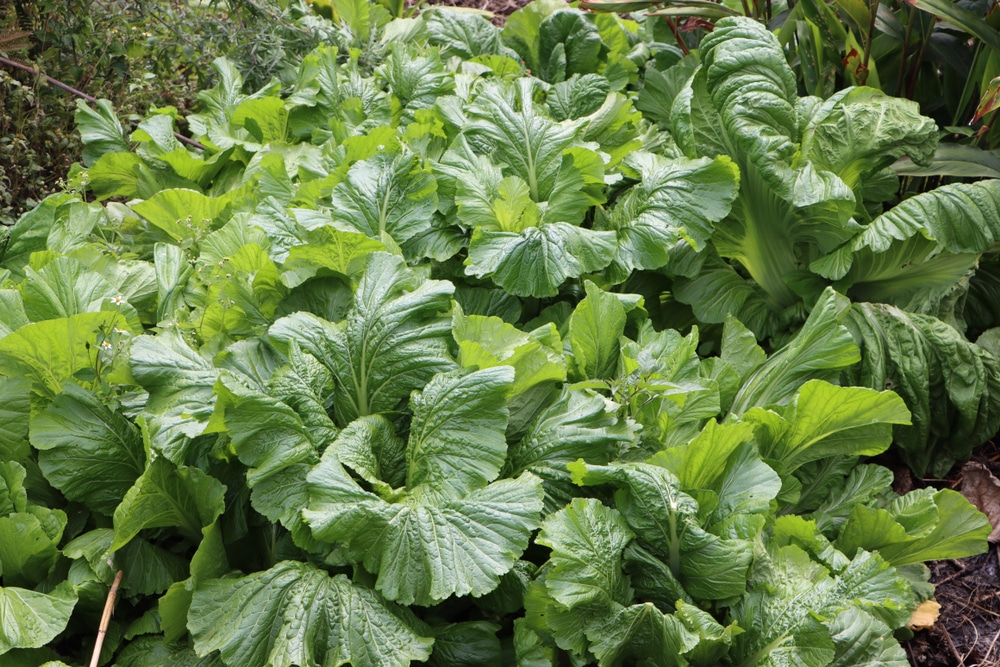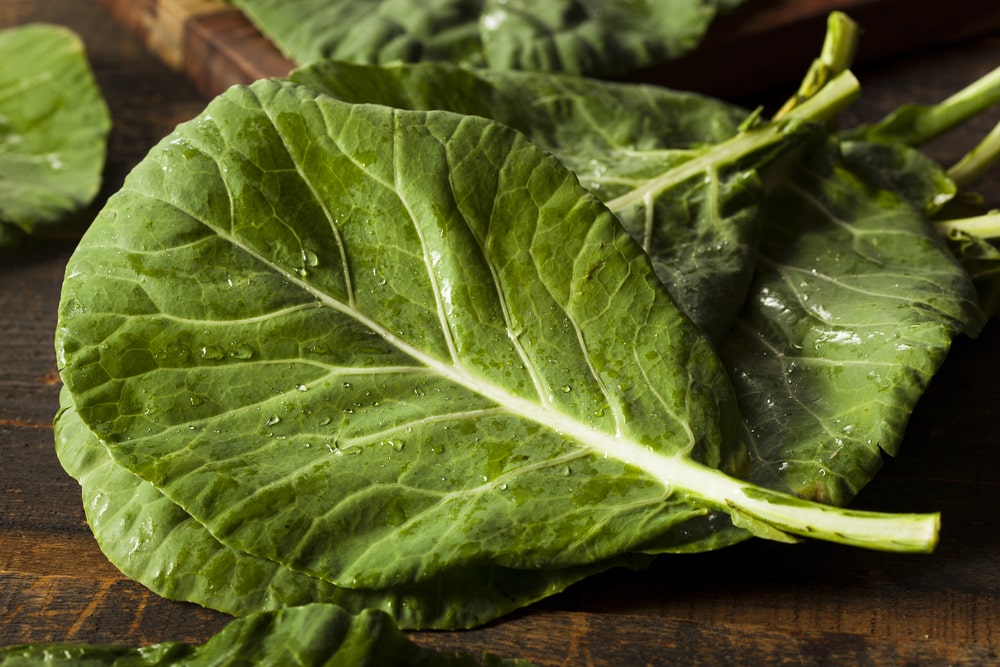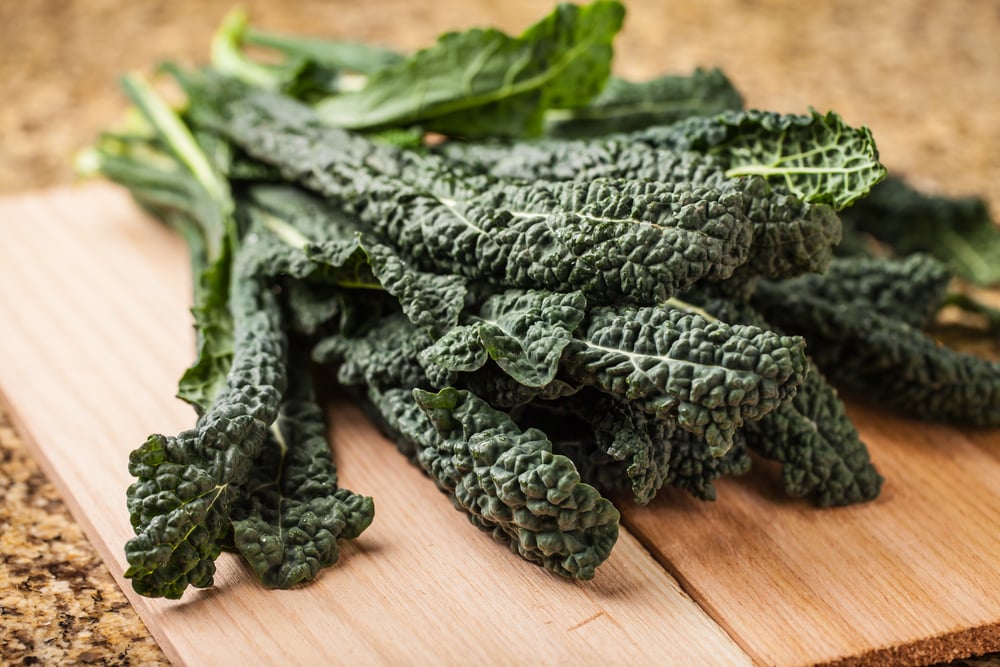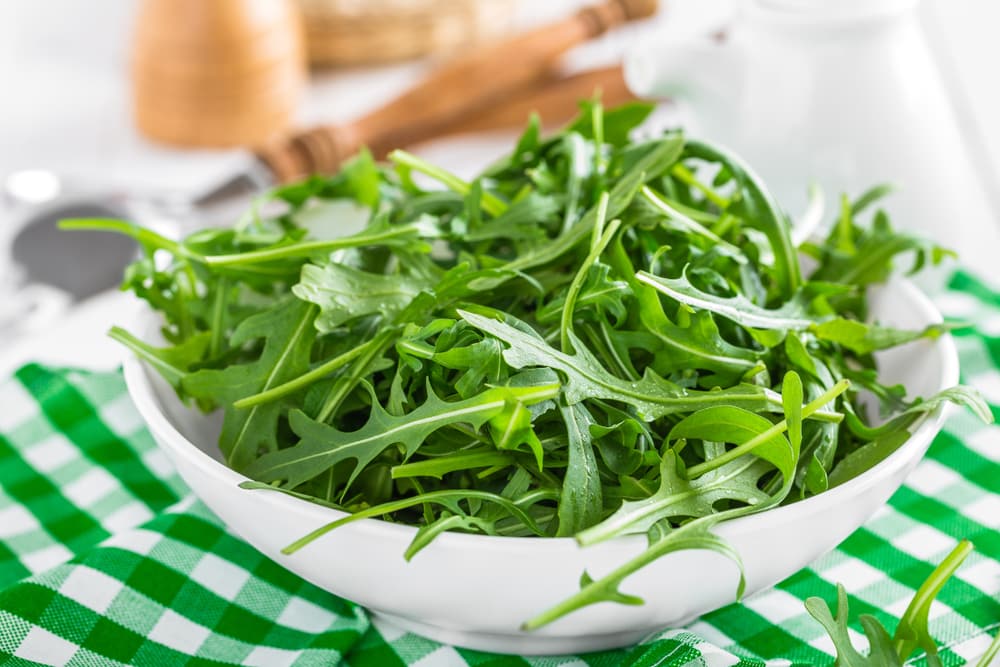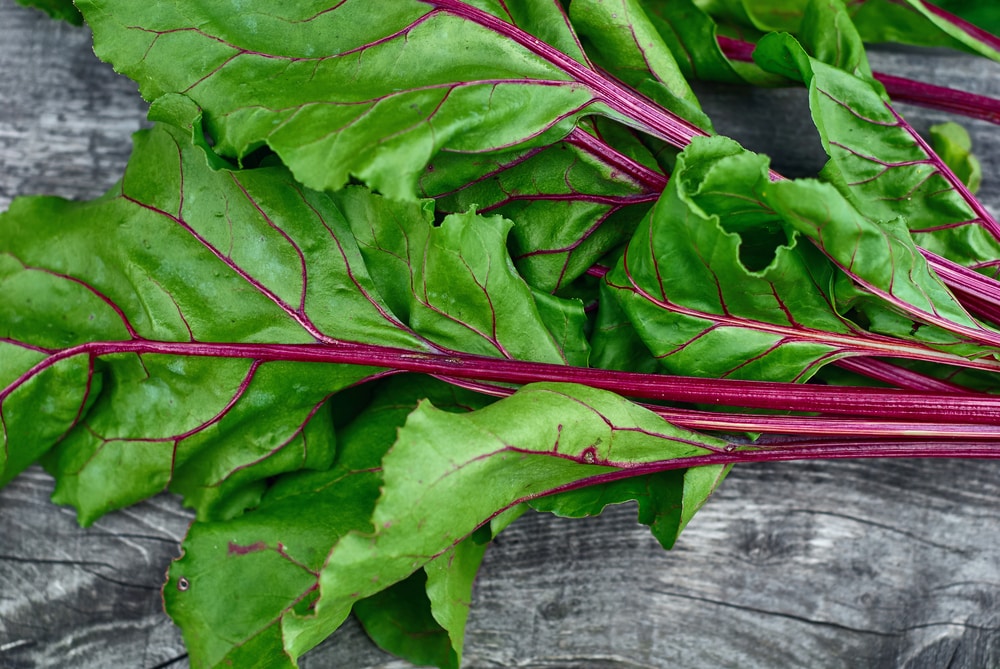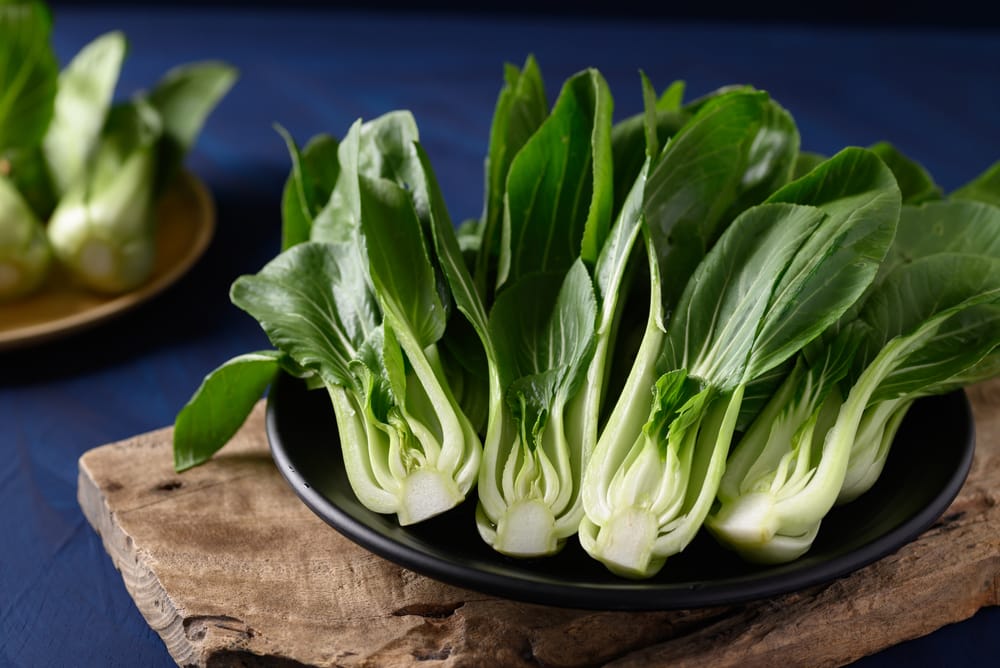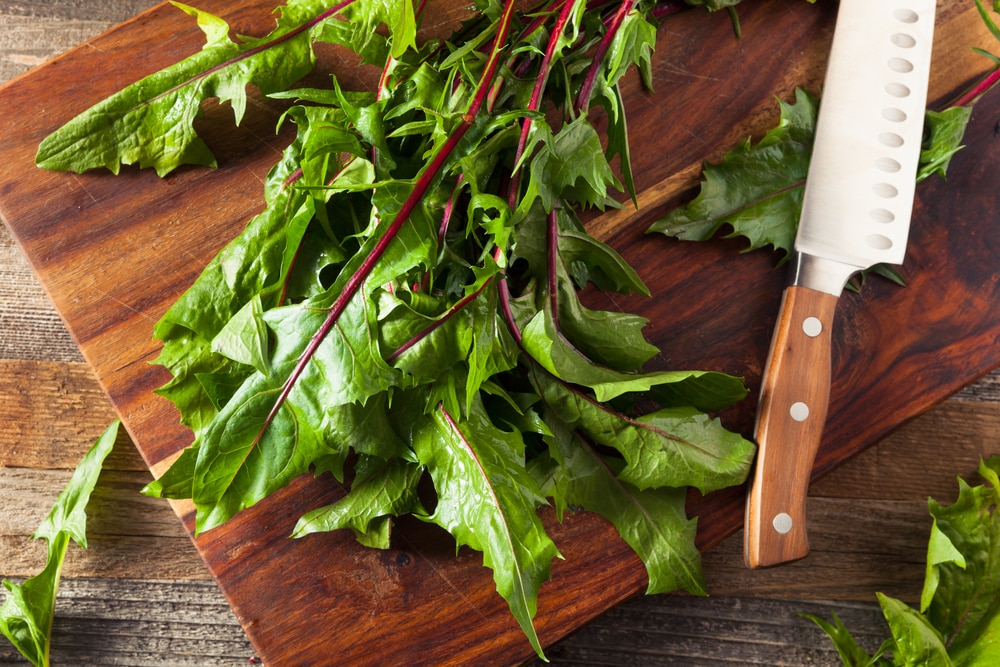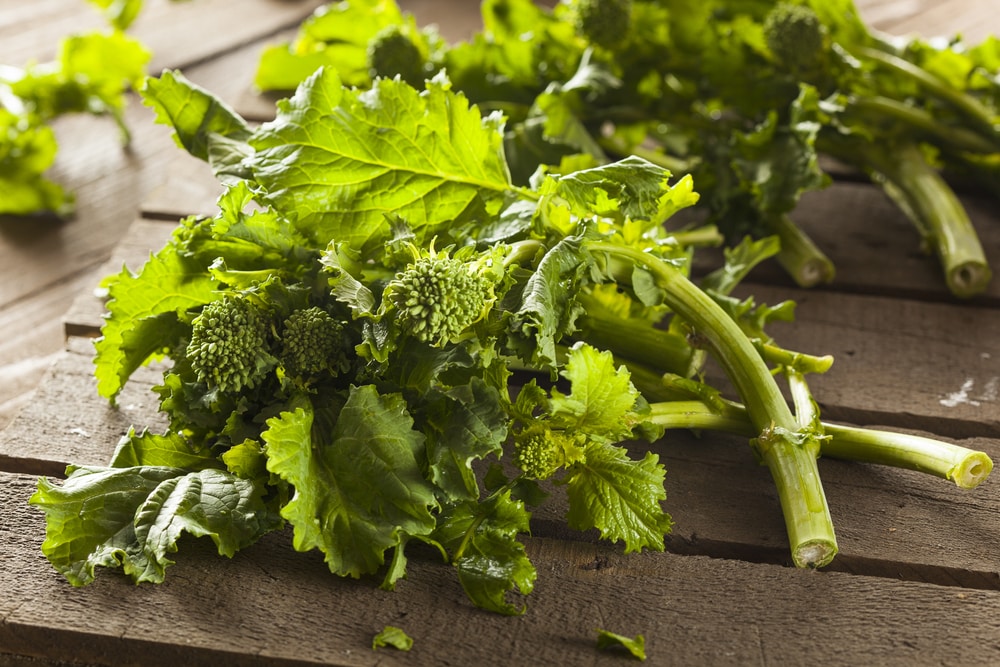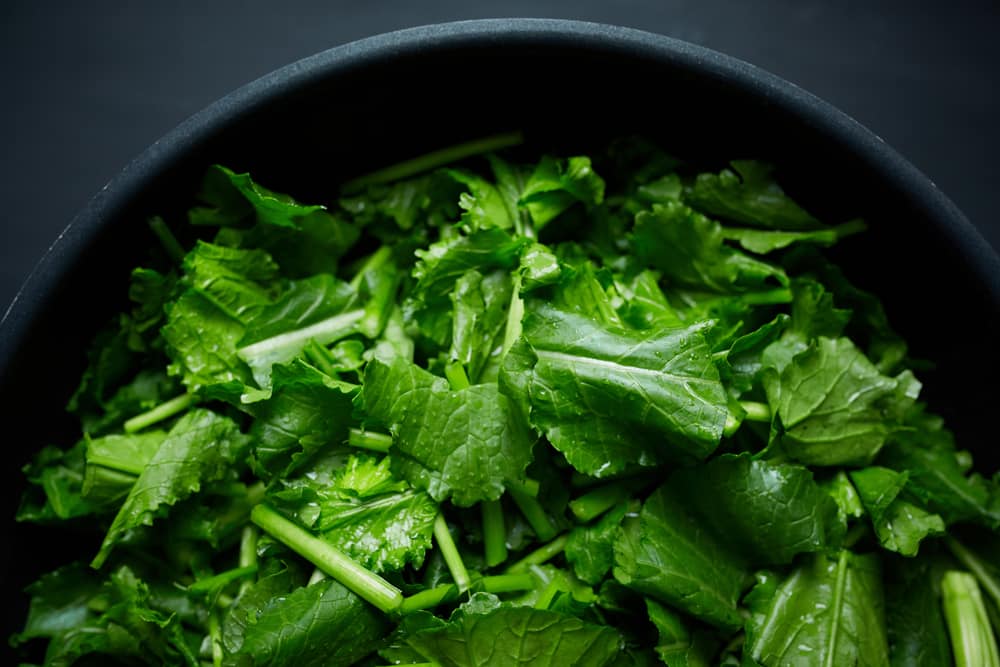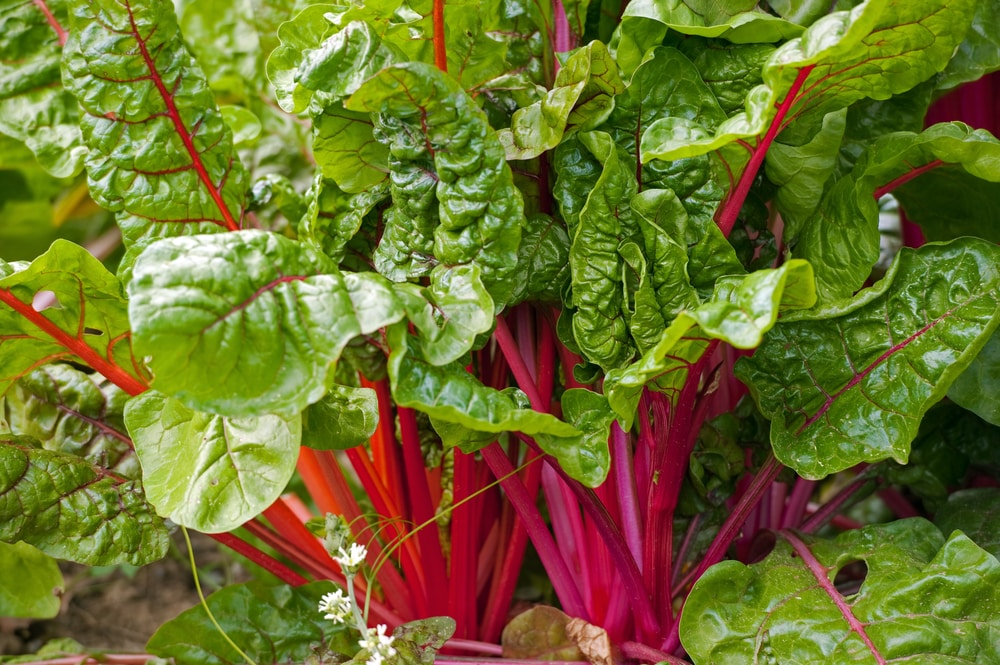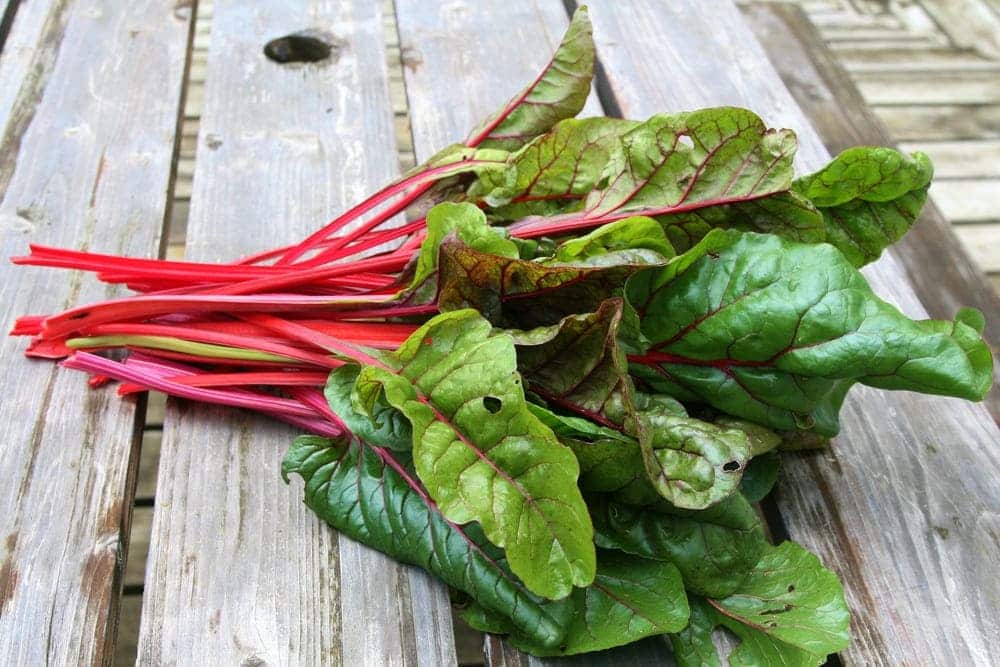
Green, leafy vegetables are typically very healthy. They’re a must-have part of any healthy diet. If you’re a fan of cruciferous green-colored vegetables, then one of the tastiest things to try is Swiss Chard.
This dark leafy vegetable is very crunchy, tender, and rewards with a smooth, slightly bitter taste.
The stem grants a celery-like flavor while the leaves give the bittersweet, crispy creaminess we all know and love. Due to the high demand and equally high consumption, Swiss Chard isn’t always available everywhere.
If your recipe calls for this tasty vegetable and you can’t find any available, read on. In this post, we’ll be walking you through the best substitutes for Swiss Chard available.
What Exactly Is Swiss Chard?
Chard, popularly known as Swiss Chard, is a vibrant green leafy vegetable from the Flavescens Group. Swiss Chard is also termed silver beet, perpetual spinach, beet spinach, seakale beet, or leaf beet.
The leaf of Chard tastes similar to spinach with a unique texture. Leaves are harvested while they are young or after the plant matures, granting larger leaves and stalks.
Use Swiss Chard in pasta, soups, sauces, salad, or stir-fries, while suiting all types of meals involving boiling or sauteing to perfection. As one cooks fresh Chard, it loses some of its bitterness.
Even when Chard is boiled or cooked, it still comes packed with nutrition. A single serving gives healthy levels of Vitamins A, K, C, E, magnesium, manganese, iron, and potassium.
11 Best Substitutions For Swiss Chard
Despite being highly beneficial for your health and extremely tasty, Swiss Chard isn’t cultivated in every country. If your local grocery store has run out, consider the following Swiss Chard alternatives instead.
Each of these substitutes will work in a pinch, but you must still examine your choice of ingredient to see whether it suits the flavor profile of your recipe.
1. Mature Spinach – The Closest Alternative For Swiss Chard
Leaves from a mature spinach plant are the best substitute for Swiss Chard. Baby spinach lacks the crunch and bitterness of Chard, but mature spinach is the perfect alternative.
It’s readily available in all markets and grocery stores at an affordable price.
With a nutritional profile that’s a close match to Chard and a flavor that’s similar, these two ingredients are excellent interchangeable substitutes for each other.
They even look similar and have the same balance of tenderness and crunchiness.
2. Mustard Greens – Vibrant Substitute Of Swiss Chard
Mustard greens come in both red and green and are a tasty substitute for Swiss Chard that works in most dishes.
Look for them marked as either mustard greens or one of their other names – curly mustard, curled mustard, mustard spinach, leaf mustard, or Indian mustard.
The bitterness is equal to the degree of spiciness found, matching Chard.
If you find the bitterness and bite a little too sharp, blanch your mustard greens in saltwater first. As spinach isn’t very vibrant and comes in only green color, mustard greens are the vibrant replacement for Swiss Chard.
They both have a creamy and peppery texture with some bitter yet smooth flavors.
3. Collard Greens – Another Close Substitute For Swiss Chard
Large, broad-leaved Collard Greens are actually related to the cabbage family. Collard refers to several Brassica oleracea crops grown for their large, nutritious edible leaves.
Collard greens are slightly bitter, and unlike certain other green leafy vegetables, the age of the plant doesn’t change the taste. Raw or cooked, collard greens are a great substitution for Swiss Chard.
While all types of preparation suit Collard Greens, one of the preferred cooking methods is sauteing, which is believed to bring out the best flavor.
4. Cavolo Nero Or Black Kale – Dark Leafed Substitute For Swiss Chard
Cavolo Nero is a variety of Kale known by many names. As another member of the cabbage family grown for its leaves, Cavolo nero supplies thin, narrow open ruffled leaves that have a slightly peppery flavor.
This plant of Tuscan origin is also known as black Kale, Italian Kale, Lacinato kale, Curley Dinosaur, or even black cabbage.
The leaves are fortified with vitamins A, K, B6, and C, calcium, potassium, copper, and manganese. You’ll find that black Kale’s leaves are far more tender, cooking much quicker than regular Kale and Swiss Chard.
5. Arugula/Rocket – Great Substitute For Swiss Chard
Arugula leaves are a cruciferous vegetable ingredient that is also known as rocket or roquette. The leaves are thin, tender, and slightly spicy.
The flavor is most similar to mustard greens, making arugula a worthy substitution for Swiss Chard. For a less bitter taste, opt for smaller leaves only.
Another way to tone it down is to marinade your arugula leaves in a blend of coconut oil and lemon juice for half an hour or more. Be sure to turn the greens every few minutes to assist the process.
While difficult to eat in large quantities, arugula is rich in Vitamins A, C, and K and folate, potassium, magnesium, iron, and calcium.
6. Beet Greens – Competent Substitute For Swiss Chard
Beetroot greens are as vibrant and beautiful looking as Swiss Chard. They have creamy and nutty flavors once cooked, retaining a good degree of crunch just like Chard.
The scarlet-colored stems and large tender leaves are packed with antioxidants and other phytonutrients.
If you’ve got a local farmers market, be sure to see whether you can’t claim the discarded beet greens that are most often chopped off the top and thrown away.
You’ll be blown away by just how similar the flavor is to Swiss Chard, making it easy to substitute in salads, sauces, sauteed meals, stews, and stir-fries.
7. Bok Choy – Solid Alternative Of Swiss Chard
Bok Choy may look different to swiss Chard, but this Asian staple is a worthy alternative to Swiss Chard. This member of the cabbage family grants a nutty flavor and crispy texture with a celery-like stem.
However, it’s the mild bitterness that makes it a good chard substitute. It’s far milder than other alternatives, with tender, crisp dark leaves and an edible stem that all taste great even to those who normally find Chard to be too bitter.
In terms of nutrients, you’re getting slightly more vitamin C and A than spinach and a healthy dose of vitamin K.
8. Dandelion Greens – Nutritious Swiss Chard Substitute
Depending on where you’re situated, dandelion greens may not be readily available. However, if you grow your own or frequent a farmers’ market, don’t overlook this boldly flavored ingredient.
The stems of dandelion leaves contain a mild bitterness which becomes stronger in the leaves. Dandelion greens harvested well before flowering are the best Swiss chard substitution.
Harvesting after flowering ruins the flavor, ruining the texture and granting an intense bitterness. The taste is best described as a midway point between endive and radicchio.
Eating dandelion greens supplements your diet with a healthy dose of Vitamins A, C, K, and E, as well as several other minerals like folate and magnesium.
9. Kale – Everyone’s Favorite Superfood
Kale is one of the healthiest additions anyone can make to their diet and another member of the cabbage family.
It is one of the highest nutrient substitutions for Swiss Chard available containing high levels of vitamins A, K, B6, and C and a range of essential minerals.
A single serving of Kale fulfills the recommended daily intake for Vitamin A at 199% and Vitamin C at 200%.
The tough center is typically removed, leaving nothing but tender, frilly leaves. Unlike other alternatives, Kale isn’t spicy.
Instead, it has a strong, distinct flavor that’s bitterer than spinach but not as bitter as arugula. Most people prefer cooked Kale over eating it raw as raw Kale has a substantial degree of chewiness.
When shopping for Kale, avoid wilted or yellowing leaves.
10. Rapini/Broccoli Raab – Tasty But Hard To Find
Despite being called broccoli raab (or broccoli rabe), rapini is not related to broccoli at all. It’s actually related to the turnip family, coming with bright green crisp leaves.
The leaves and stems are edible, cooking evenly thanks to their uniform size. Rapini carries a nutty off-bitter flavor mildly reminiscent of almonds.
The younger the plant, the more tender the stalk, but mature broccoli raab stems may need to be removed if you dislike a fibrous texture. Broiled, stir-fried, braised, sauteed, or steamed, broccoli raab tastes great.
The fresh green bitterness makes it a great substitution for Swiss Chard.
Rapini is highest in Vitamin K, fulfilling 213% of the recommended daily value while supplying a healthy amount of Vitamin E, Vitamin C, and dietary fiber as well.
11. Turnip Greens – An Overlooked Alternative
Turnip greens are often discarded, but the tops of turnips are a tasty alternative to Swiss chard, Kale, or spinach. They’ve got a similar bite to mustard greens or arugula, working wonderfully in stir-fries, quiche, and soup.
The only way that we don’t recommend eating this alternative is raw because they’re a little too tough and fibrous.
Expect a flavor that’s similar to turnip root, while cooking turnip greens for an extended period subdues the pepper taste.
A single serving of turnip greens (one cup) gives you 0.82 grams of protein, 0.17 grams of fat, and a healthy dose of vitamins and minerals at just 18 calories.
You’re supplied 35% of the daily value of Vitamin C recommended, 1% of the DV of iron, 5% Vitamin B-6, 2% Magnesium, and 3% Calcium.
Which Is The Best Swiss Chard Substitute?
Each of these Swiss chard substitutions will work in the place of everyone’s favorite, vibrantly colored vegetable. As you may notice, most of these alternatives come with sauteing as the serving suggestion.
All that leafy greens need is a quick saute for the right period of time with just a few herbs and spices to come out perfect. You can use all eleven of these substitutes in any way you would conventionally use Swiss Chard.
